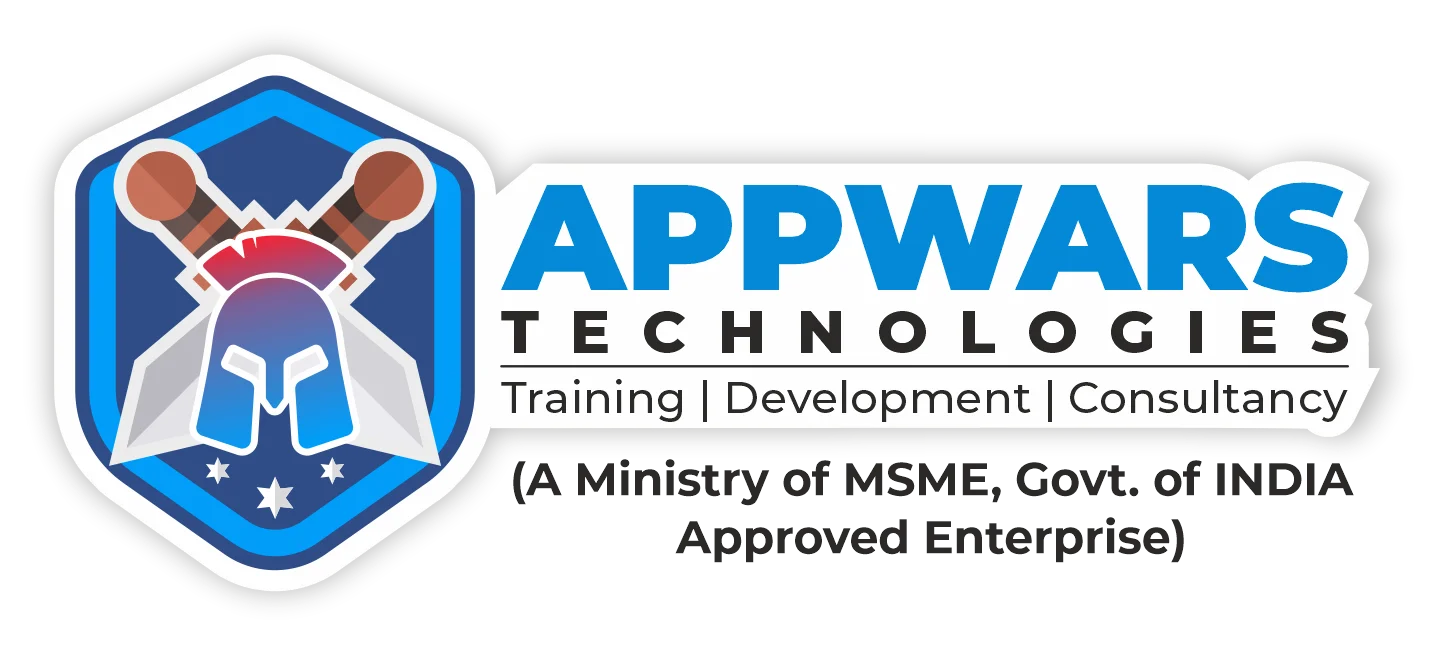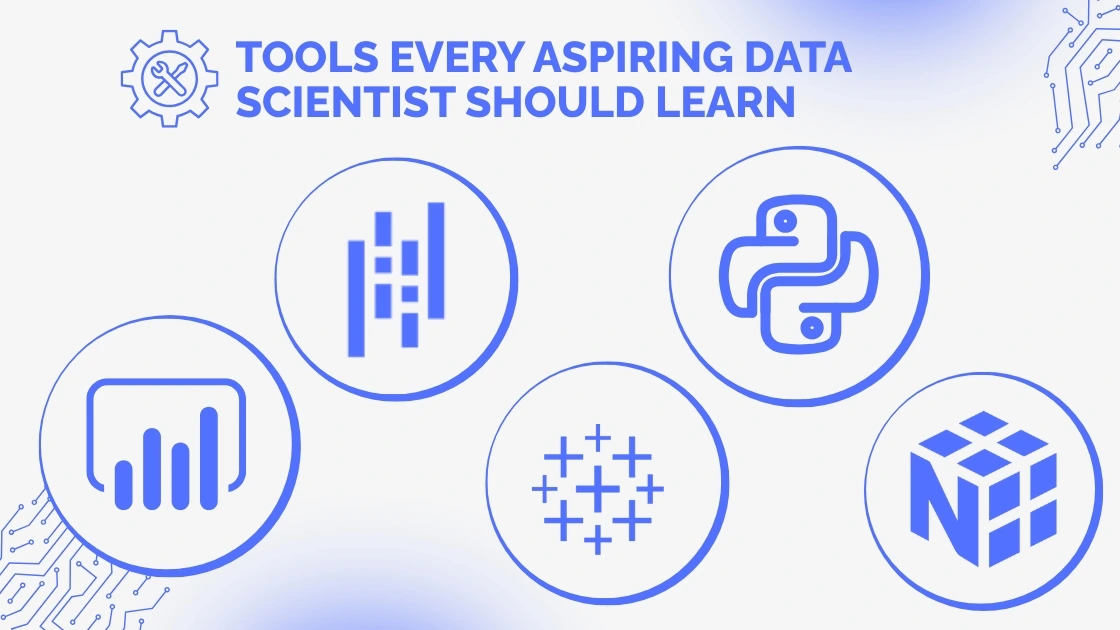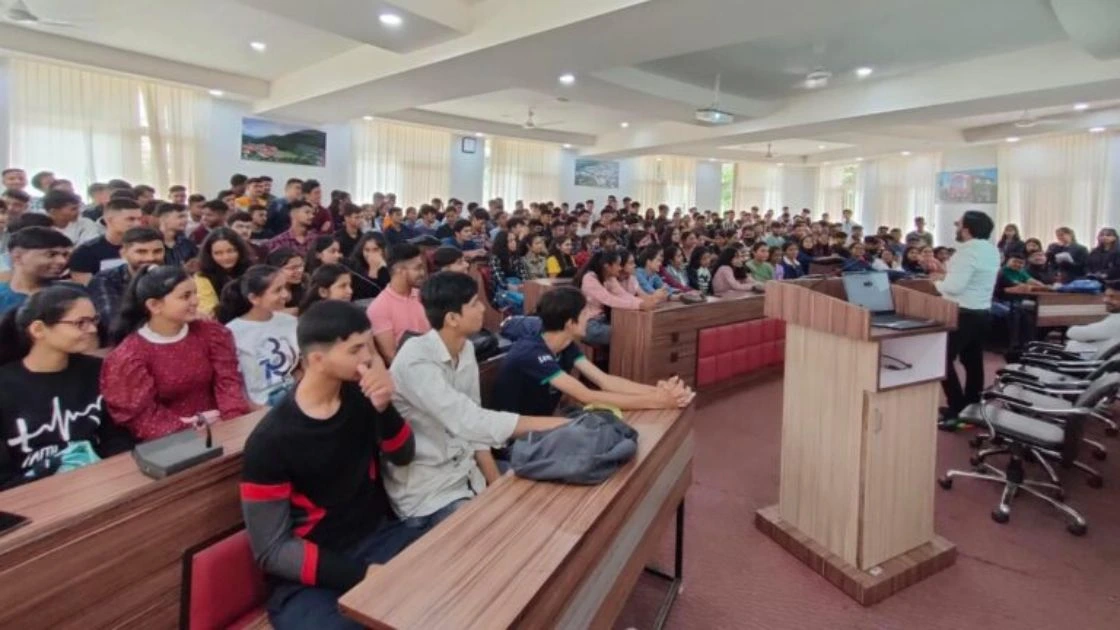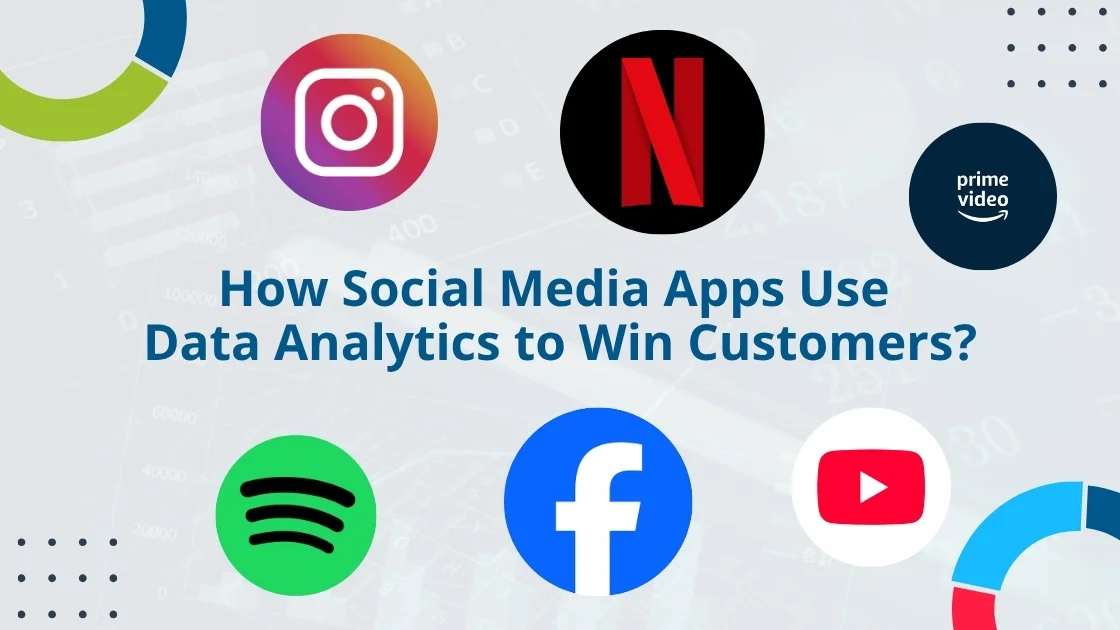The field of data analytics has rapidly evolved over the last decade, transforming from a niche skillset into one of the most in-demand career paths worldwide. As organizations across industries embrace digital transformation, the ability to derive insights from data has become a cornerstone of competitive advantage. With 2025 on the horizon, the expectations of recruiters have shifted significantly. It’s no longer enough to simply understand data; recruiters now seek professionals who combine technical expertise, business acumen, and adaptability in a world where technology evolves at lightning speed.
In this article, we will explore the data analytics career path in 2025 and break down what recruiters are looking for in candidates eager to make their mark in this fast-growing profession.
1. The Changing Landscape of Data Analytics Careers
In 2025, data analytics is no longer confined to back-end reporting or basic descriptive statistics. The role has expanded into advanced analytics, predictive modeling, machine learning, and AI-driven decision-making. Recruiters are looking for professionals who can go beyond generating dashboards and reports. They want individuals who can translate raw data into actionable strategies that directly impact organizational growth.
The rise of cloud platforms, big data tools, and AI-powered analytics has also changed the skill requirements. Companies are searching for candidates who can navigate complex ecosystems of tools while ensuring data integrity, governance, and compliance. This shift has made the career path more exciting but also more demanding.
2. Core Technical Skills Recruiters Prioritize
Technical expertise remains the backbone of a successful data analytics career, but in 2025, recruiters expect professionals to demonstrate proficiency across multiple areas:
- Programming Languages: Python and R continue to dominate due to their versatility in statistical analysis, data manipulation, and machine learning. SQL also remains indispensable for database management. Recruiters value candidates who can code efficiently and optimize performance.
- Data Visualization: Tools like Tableau, Power BI, and Looker are no longer optional—they are essential. Recruiters want candidates who can tell stories with data, creating intuitive dashboards that executives and non-technical teams can easily interpret.
- Big Data Tools: Knowledge of Hadoop, Spark, and cloud platforms like AWS, Azure, and Google Cloud has become increasingly important. Companies handle massive datasets, and recruiters look for professionals who can manage and analyze them effectively.
- Machine Learning & AI: Recruiters now expect analysts to have a foundational understanding of predictive analytics, machine learning algorithms, and AI applications. While not every analyst must become a data scientist, having ML exposure sets candidates apart.
- Data Engineering Fundamentals: In 2025, the lines between data analytics and engineering are blurring. Recruiters value professionals who understand ETL (Extract, Transform, Load) pipelines, data warehousing, and API integrations.
3. Business Acumen: The Non-Negotiable Skill
While technical skills open the door, business acumen is what gets candidates hired. Recruiters in 2025 are clear: they don’t want analysts who can only crunch numbers—they want professionals who understand the “why” behind the data.
Successful data analysts can:
- Align insights with business goals and KPIs.
- Speak the language of stakeholders, translating technical findings into actionable recommendations.
- Identify opportunities for revenue growth, cost reduction, and process optimization.
- Demonstrate domain expertise in industries like healthcare, finance, e-commerce, or manufacturing.
Recruiters prioritize candidates who can bridge the gap between data science and decision-making, ensuring that insights lead to measurable outcomes.
4. Soft Skills That Make Candidates Stand Out
In 2025, the role of a data analyst requires more than just technical prowess. Recruiters actively seek professionals with strong soft skills, including:
- Communication: The ability to explain complex insights in simple terms is invaluable. Analysts must collaborate with cross-functional teams and present findings persuasively.
- Problem-Solving: Recruiters prefer candidates who demonstrate a proactive approach to challenges and offer innovative solutions.
- Critical Thinking: With so much data available, knowing which information is relevant is crucial. Recruiters want analysts who can question assumptions and validate findings.
- Collaboration: Data analytics is rarely a solo job. Recruiters favor professionals who thrive in team environments, especially when working with engineers, marketers, and executives.
- Adaptability: As tools and techniques evolve rapidly, recruiters prioritize candidates who are lifelong learners, ready to adapt to new technologies and methodologies.
5. Educational Background and Certifications
While many data analysts come from computer science, mathematics, or statistics backgrounds, recruiters in 2025 are open to diverse academic paths—as long as candidates can demonstrate their skills. However, certifications and continuous learning play a huge role in hiring decisions.
Some highly valued certifications include:
- Google Data Analytics Professional Certificate
- Microsoft Certified: Data Analyst Associate
- AWS Certified Data Analytics – Specialty
- Tableau Desktop Specialist
- SAS Certified Specialist
Additionally, recruiters respect candidates who pursue advanced courses in AI, machine learning, and data engineering. A strong portfolio of projects, case studies, and hands-on experience often outweighs a traditional degree.
6. Industry Trends Shaping Recruiter Expectations
Recruiters in 2025 are influenced by broader industry trends that shape their hiring criteria:
- AI-Driven Analytics: Companies are increasingly leveraging AI to automate tasks, and recruiters want analysts who can work alongside AI tools rather than be replaced by them.
- Data Privacy & Ethics: With stricter regulations like GDPR and evolving global privacy laws, recruiters prioritize candidates who understand ethical data use and compliance.
- Real-Time Analytics: Businesses demand real-time insights to respond quickly to market changes. Analysts skilled in streaming data tools like Apache Kafka are in high demand.
- Cross-Functional Roles: Hybrid roles combining analytics with marketing, finance, or operations are becoming common. Recruiters prefer candidates who can adapt to multidisciplinary teams.
- Globalization of Talent: Remote work has expanded opportunities. Recruiters now scout talent globally, increasing competition but also opening doors for skilled professionals worldwide.
7. Career Growth Opportunities in 2025
The career path for data analysts in 2025 is more diverse than ever. Recruiters are hiring for specialized roles such as:
- Business Intelligence Analyst
- Data Engineer
- Machine Learning Analyst
- Data Visualization Specialist
- Analytics Consultant
Beyond these roles, many analysts transition into leadership positions such as Analytics Managers, Chief Data Officers (CDOs), or Product Managers with a strong data focus. Recruiters look for candidates who show leadership potential, mentorship abilities, and strategic thinking.
8. How Candidates Can Stand Out to Recruiters
To build a successful career path in data analytics and meet recruiter expectations in 2025, candidates should focus on:
- Building a Strong Portfolio—Real-world projects, GitHub repositories, and case studies showcase practical expertise.
- Networking—Engaging with professional communities, attending conferences, and leveraging LinkedIn help candidates connect with recruiters.
- Staying Updated—Following industry trends, learning new tools, and pursuing continuous education demonstrate adaptability.
- Showcasing Impact—Recruiters value candidates who highlight measurable business outcomes from past projects rather than just technical tasks.
Conclusion
The data analytics career path in 2025 offers immense opportunities but also demands a well-rounded skillset. Recruiters are no longer satisfied with candidates who simply analyze data; they want professionals who can interpret, communicate, and drive business value from insights. From mastering programming languages and visualization tools to honing soft skills and ethical awareness, the ideal candidate is one who blends technical expertise with strategic thinking.
For aspiring and experienced professionals alike, the key to success is adaptability. As technology and industries continue to evolve, the most successful data analysts will be those who embrace lifelong learning, demonstrate business impact, and align their work with organizational goals. In 2025, recruiters are looking for more than just data analysts—they’re seeking data-driven problem-solvers, innovators, and leaders who can shape the future of decision-making.












